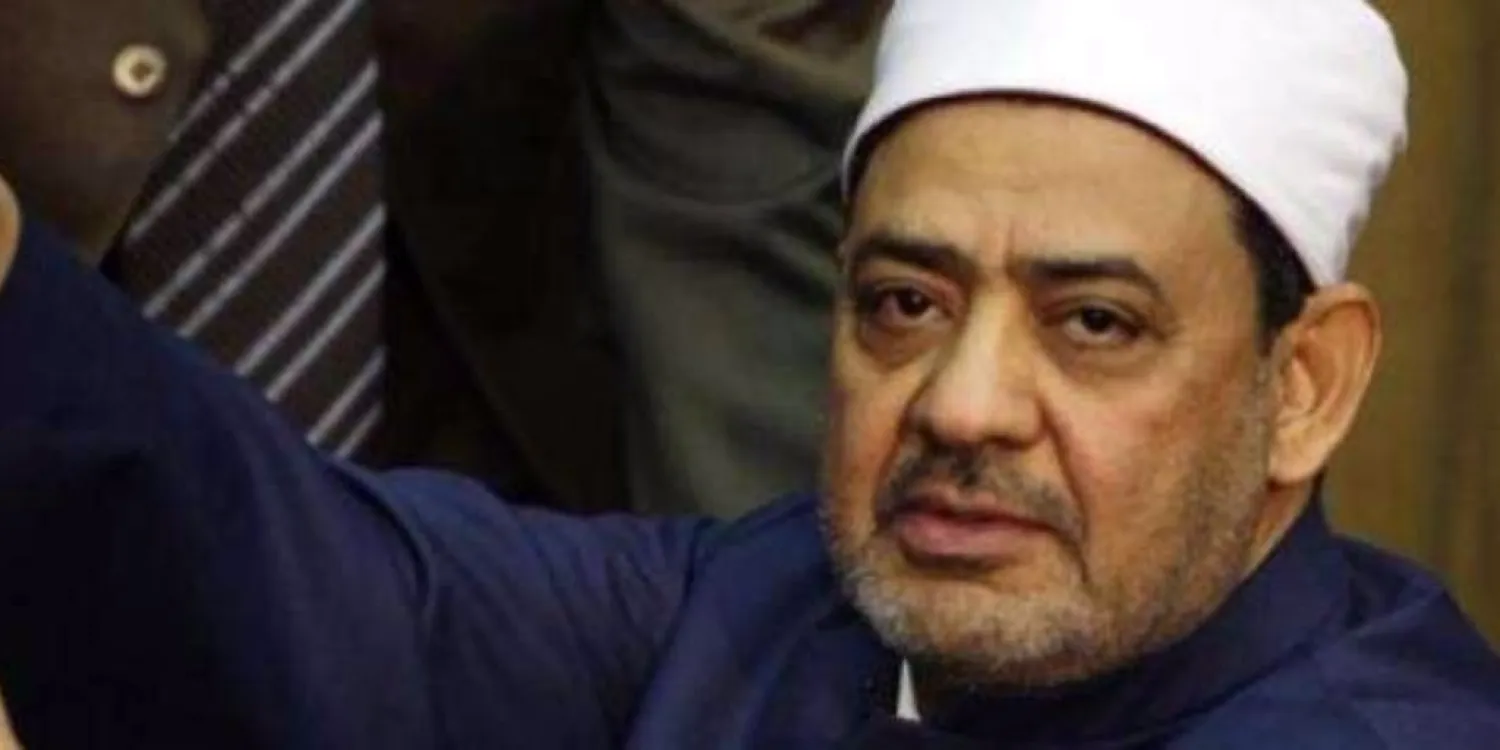The Grand Sheikh Al-Azhar Dr. Ahmed Al-Tayeb, in a remarkable gesture, led the worshipers at Al-Rawdah Mosque in the city of Bir al-Abed (North Sinai), which was the scene of a bloody massacre during Friday prayers last week that killed more than 300 people and injured many others.
The Gand Sheikh of Al-Azhar performed the Friday prayers, accompanied by the Egyptian Endowments Minister, Mokhtar Gomaa, and the Grand Mufti, Shawky Allam.
This comes a week after the mosque witnessed a massive terrorist attack, which killed 310 worshippers and injured over 120 others.
Observers said that the visit of Al-Azhar Sheikh, along with a number of government officials, was “an important message of the country’s solidarity against terrorism and an emphasis on the union of the people and institutions in the face of groups that target the security of the Egyptians and their lives.”
Addressing the residents of the village following the prayers, Al-Tayeb said: “We are here to affirm that the whole country feels what you feel, and senses your pain; Al-Azhar came to you with his elders, sons and daughters to comfort you and relieve you of your afflictions and put his hand in your hands for the revival of this village.”
The Ministry of Endowments (Awqaf) had completed the renovation and restoration of the mosque to allow the performance of prayers on Friday.
“The village came out Friday to pray in and out of the mosque in order to emphasize that we are facing terrorism and we are not afraid of the bullets of terrorists,” said Mohammed Jarir, resident in the village of Rawda.
Al-Tayeb, accompanied by a delegation of women from Al-Azhar University, also visited the families of the victims of the terrorist attack. During his visit, Tayeb expressed his sincere condolences to the families of “martyrs of the treacherous criminal incident.”
The Grand Sheikh of Al-Azhar decided to grant a monthly pension for widows and needy from the House of Zakat, exempt the students of the village from the expenses of tuition until the completion of the university, and provide Hajj pilgrimage trips for widows next year at the expense of Al-Azhar.









